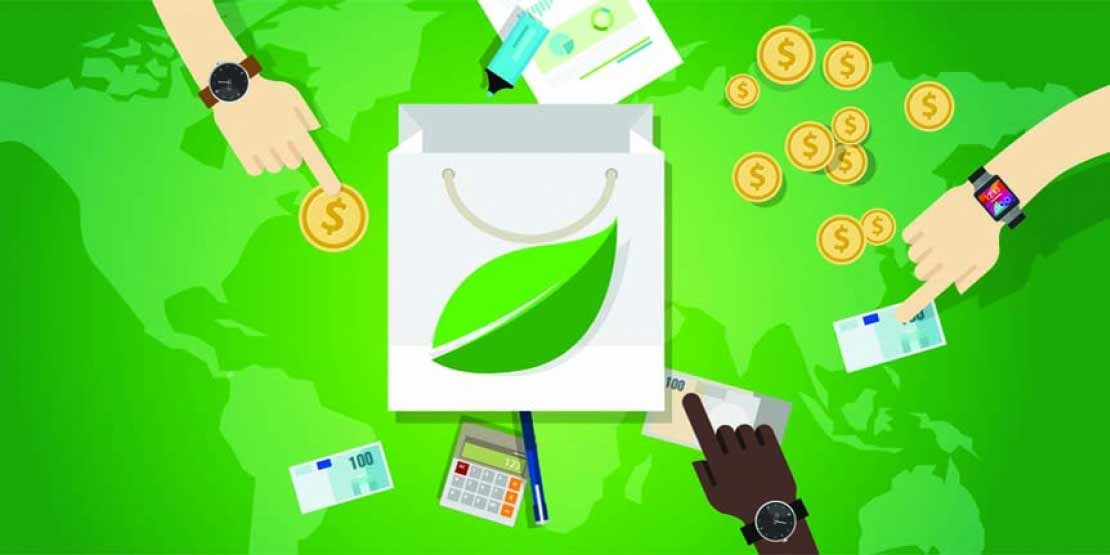In February 2019, the French organisation ObsAR (Observatoire des Achats Responsables — Observatory of sustainable procurement) published the 10th edition of its Baromètre des Achats Responsables (Barometer of sustainable procurement), in collaboration with the research company OpinionWay[1]. This provided an opportunity to take stock of the integration of sustainable and ethical procurement in business strategies.
What is "sustainable procurement"?
Before looking at how practices within procurement departments have changed, let us first define what is meant by "sustainable procurement".
For consistency, we will be using ObsAR's, the organisation behind the study: "Sustainable procurement relates to any purchase that strikes a balance among stakeholders of requirements, specifications and criteria that protect and promote the environment, social progress and business development."
Adopting a sustainable procurement approach therefore means striking the right balance between these three concepts:
- The environment: energy efficiency, waste reduction etc.
- Ethics and social responsibility: respect for human rights, working conditions etc.
- Costings: product quality, delivery times etc.
Sustainable procurement is becoming a major consideration
The first figure is unequivocal: 9 out of 10 companies have a sustainable procurement policy in place, with half having been in place for more than five years.
This approach is particularly widespread among companies with more than 250 employees (83%) and public organisations (100%!). The latter figure needs to be approached with some caution, however, as only 26% of panel interviewees were from the public sector. By contrast, companies seem to have more room for improvement: for 13% of them, a sustainable procurement policy has yet to put in place.
Furthermore, procurement policies are increasingly being formalised, with CSR criteria being integrated [2] into mission statements, objectives, policy sign-off by management, internal communications, implementation of supplier evaluation processes etc.
What are environmental, social and societal objectives?
In regard to the environment, companies are focussing on:
- Reducing consumption, including energy (35%).
- Improving the service life of their products (19%).
- Purchasing eco-designed products[3] (15%).
- Rethinking their processes and the impact they have (15%).
- Recycling (10%).
- Reusing and repairing (6%).
While reducing consumption has been the primary objective for several years (which is undoubtedly linked to the resulting reduction in costs), some topics are becoming more and more important, such as the service lives of product and the procurement of eco-designed products.
In regard to social and societal issues, companies are looking at ways to promote:
- Employment in the local job market (58%).
- Integration of people who are removed from the job market (53%).
- The fight against concealed employment (47%).
- Decent working conditions (46%).
- Respect for human rights at work (43%).
- Diversity (28%).
- Fair trade (15%).
- Support for struggling companies (9%).
On this front, the trends have remained broadly stable except for local employment, which jumped 10 points since last year.
Sustainable procurement is now an integral part of strategies for both public and private organisations, or is on its way to become so. This trend is widely helped by the support and involvement of management … What about you? Have you put a sustainable purchasing policy in place at your company?









